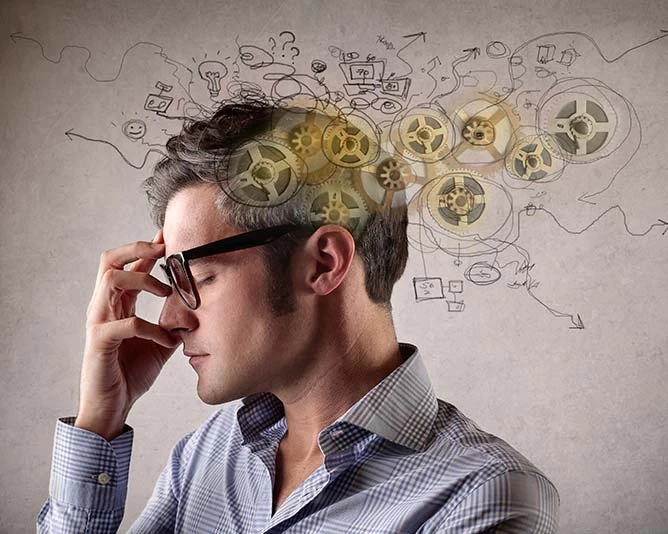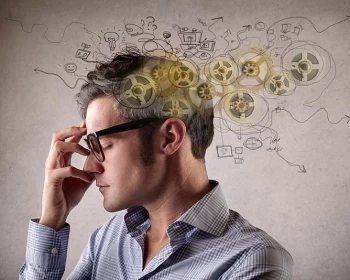Intelligence has been a topic of interest in psychology for many years. It is a complex concept that can be defined in various ways, and many theories have been proposed to explain it. In this article, we will discuss the major theories of intelligence and their implications.
- Psychometric Theory
Psychometric theory is one of the oldest and most widely accepted theories of intelligence. It defines intelligence as a general mental ability that can be measured through standardized tests. Psychometric theory suggests that intelligence is composed of two types of abilities: fluid intelligence and crystallized intelligence. Fluid intelligence is the ability to reason and solve problems in new situations, while crystallized intelligence is the ability to use knowledge and skills that have been acquired through experience.
- Multiple Intelligences Theory
Multiple intelligences theory, proposed by Howard Gardner in the 1980s, suggests that there are multiple types of intelligence, each independent of the others. According to this theory, people have different strengths and weaknesses in each type of intelligence, and these strengths and weaknesses can be nurtured and developed. Gardner identified eight types of intelligence: linguistic, logical-mathematical, spatial, bodily-kinesthetic, musical, interpersonal, intrapersonal, and naturalistic.
- Triarchic Theory
The triarchic theory, proposed by Robert Sternberg, suggests that intelligence consists of three components: analytical intelligence, creative intelligence, and practical intelligence. Analytical intelligence is the ability to analyze and solve problems, creative intelligence is the ability to come up with new and innovative ideas, and practical intelligence is the ability to adapt to new situations and solve practical problems.
- Emotional Intelligence Theory
Emotional intelligence theory suggests that intelligence should not be limited to cognitive abilities but should also include emotional intelligence. Emotional intelligence is the ability to recognize, understand, and manage our own emotions and the emotions of others. It is composed of four components: self-awareness, self-management, social awareness, and relationship management.
- Theory of Successful Intelligence
The theory of successful intelligence, proposed by Robert Sternberg, suggests that intelligence is not just about cognitive abilities but also about how well people adapt to their environment. According to this theory, successful intelligence consists of three types of abilities: analytical, creative, and practical. In addition, successful intelligence requires that individuals are able to use these abilities to adapt to their environment and achieve their goals.
Implications of Theories on Intelligence
Understanding the different theories of intelligence has several implications. First, it helps us recognize that intelligence is not a fixed or immutable trait but can be developed and nurtured. This is particularly important for educators, who can use this knowledge to create learning environments that promote the development of different types of intelligence.
Second, these theories help us understand that intelligence is not limited to cognitive abilities but also includes emotional intelligence and the ability to adapt to new situations. This has important implications for the workplace, where emotional intelligence and practical intelligence are highly valued.
Finally, these theories help us recognize that different people have different strengths and weaknesses in different types of intelligence. This knowledge can help us appreciate and respect the diversity of human abilities and create a more inclusive and equitable society.
In conclusion, intelligence is a complex concept that can be defined and explained in various ways. The theories discussed in this article provide different perspectives on intelligence and its components. By understanding these theories, we can appreciate the diversity of human abilities and create environments that promote the development of different types of intelligence.







